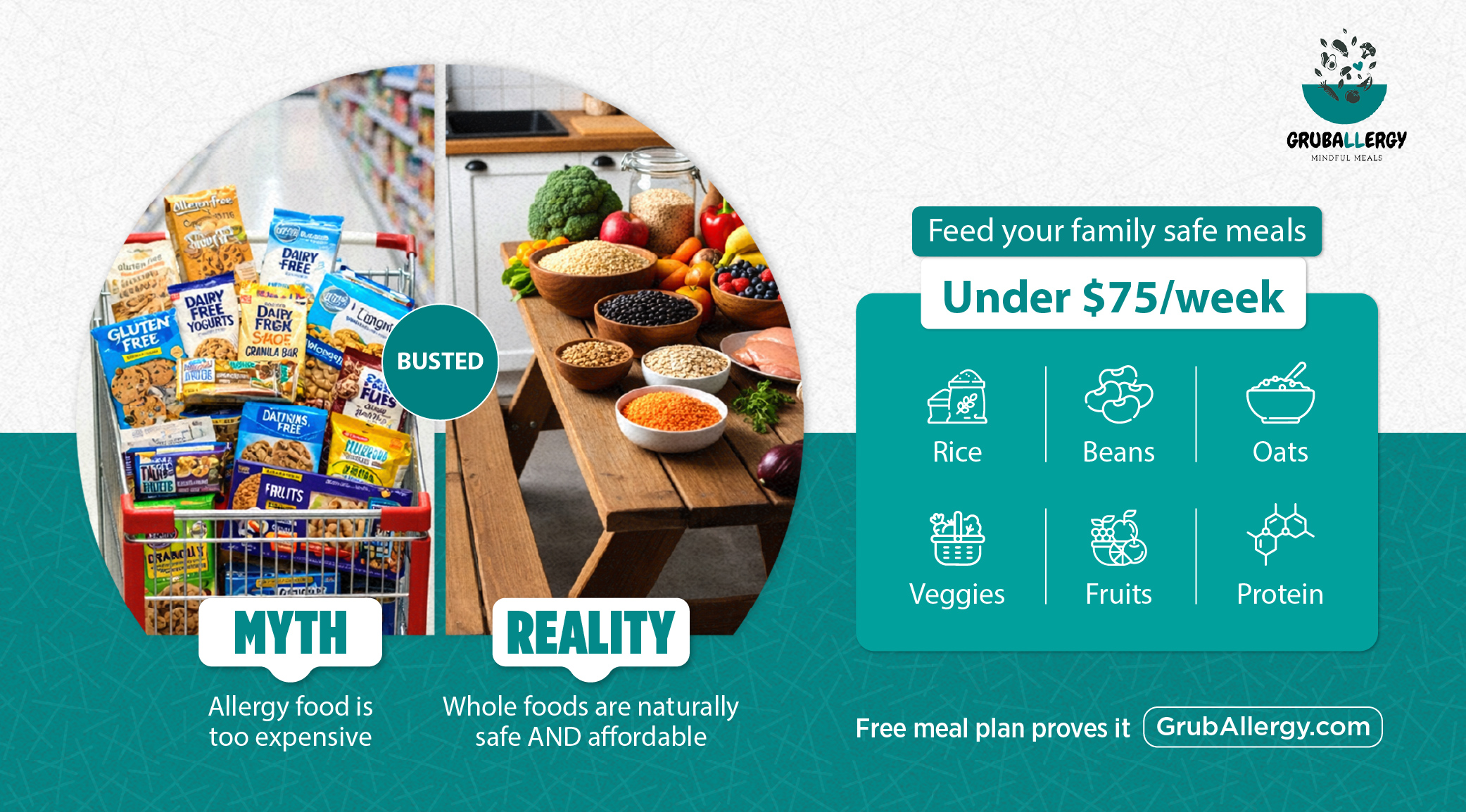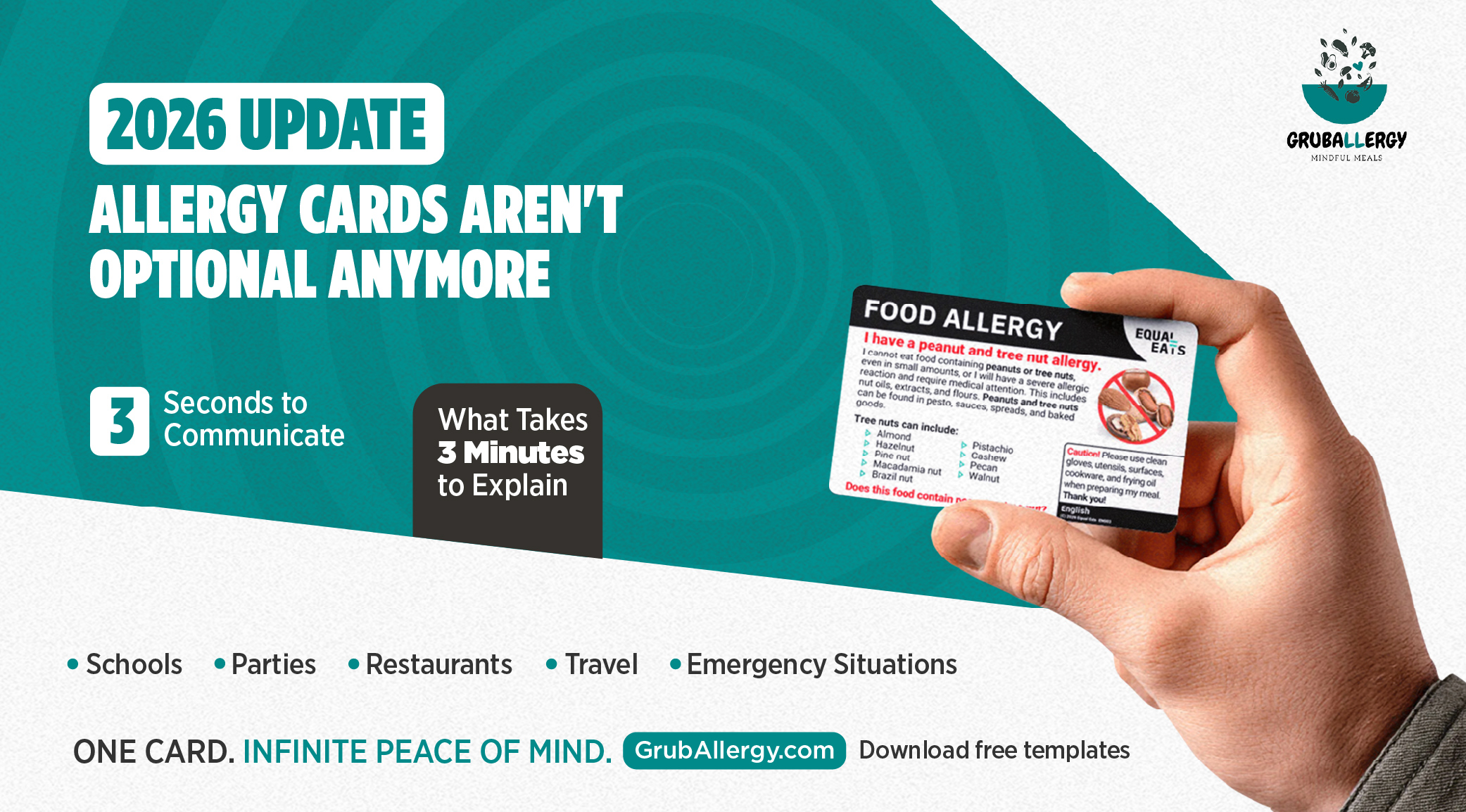.jpg)
In today’s fast-paced world, fatigue has become a common complaint. While stress, lack of sleep, and overwork are frequent culprits, a less obvious but increasingly prevalent cause is food allergies and sensitivities. Food allergy fatigue refers to the persistent tiredness and lack of energy caused by an adverse immune reaction to certain foods. This type of fatigue can be difficult to identify, but once understood, it can lead to profound improvements in energy levels, mental clarity, and overall well-being. Understanding the mechanisms behind food allergy fatigue and learning how to manage or eliminate trigger foods can be life-changing.
The Hidden Connection Between Food and Fatigue
When someone consumes a food allergen, their immune system mistakenly identifies it as a threat and mounts an inflammatory response. For individuals with classic food allergies (like those to peanuts or shellfish), this response is often immediate and severe. However, in the case of food sensitivities or intolerances—such as those to gluten, dairy, or certain food additives—the reaction can be more subtle, delayed, and systemic. One of the primary symptoms? Unrelenting fatigue.
The immune response triggered by food allergens involves the release of histamines, cytokines, and other inflammatory mediators. These substances place a burden on the body's systems, causing a constant state of low-grade inflammation. Over time, this inflammation can disrupt hormone regulation, alter gut function, weaken the adrenal glands, and impair mitochondrial function—the very powerhouses of our cells. The result is persistent, unexplained tiredness that no amount of coffee or extra sleep can fix.
Symptoms Beyond Tiredness
Fatigue caused by food allergies or sensitivities rarely occurs in isolation. Other common symptoms include:
-
Headaches or migraines
-
Digestive issues (bloating, constipation, diarrhea)
-
Mood disturbances (anxiety, irritability, depression)
-
Joint and muscle pain
-
Skin problems (eczema, rashes, acne)
These symptoms can easily be misattributed to unrelated health issues, delaying proper diagnosis and treatment.
How to Identify the Culprits
The first step in addressing food allergy fatigue is identifying which foods may be triggering the immune response. There are several ways to approach this:
-
Elimination Diet: One of the most effective methods. This involves removing common allergens (such as gluten, dairy, soy, corn, eggs, and sugar) from the diet for several weeks and then slowly reintroducing them one at a time while monitoring symptoms.
-
Food Allergy and Sensitivity Testing: Blood tests like IgE (for allergies) and IgG (for sensitivities) can offer insight, though they are not always 100% reliable and should be interpreted with professional guidance.
-
Food Journaling: Keeping a detailed log of everything eaten and any symptoms experienced can help identify patterns and potential trigger foods.
Rebooting Your Energy: The Path to Recovery
Once problematic foods are identified and eliminated, most people begin to notice a significant improvement in their energy levels within a few days to a few weeks. However, restoring vitality requires more than just avoiding allergens—it involves rebuilding what chronic inflammation has compromised.
-
Heal the Gut: Since food sensitivities often stem from or contribute to poor gut health, supporting digestion is critical. Incorporate gut-healing foods like bone broth, fermented vegetables, and probiotic-rich foods. Consider supplements like L-glutamine, digestive enzymes, and high-quality probiotics.
-
Support the Immune System: Anti-inflammatory nutrients such as omega-3 fatty acids, turmeric, vitamin D, and antioxidants can help bring the immune system back into balance.
-
Balance Blood Sugar: Fatigue often worsens with blood sugar swings. Eating balanced meals with protein, healthy fats, and fiber can help maintain stable energy throughout the day.
-
Rest and Rebuild: Chronic fatigue taxes the adrenal glands and depletes the body's reserves. Prioritize quality sleep, gentle movement like yoga or walking, and stress management practices such as meditation or deep breathing.
Conclusion
Food allergy fatigue is a silent energy thief. It can sneak into your life under the radar and leave you feeling chronically drained, foggy, and unmotivated. But once you recognize the signs and uncover your personal food triggers, you can begin to reclaim your energy and your life. With proper identification, dietary changes, and support for the body’s healing processes, it’s entirely possible to reboot and feel vibrant again. Sometimes, the key to energy isn’t just more sleep—it’s changing what’s on your plate.
FAQ

You may also like
Leave a Reply

Get a free consultation with GrubAllergy.
Share your child's food allergy history, and let us guide you with expert advice on managing and navigating food allergies with confidence.



.png)







